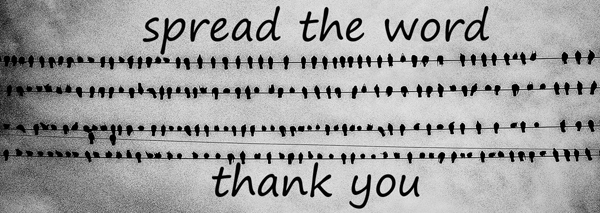
| WELCOME |
 |

comments, ephemera, speculation, etc. (protected political speech and personal opinion) 2020- 2020-09-17 b THE COVID-CON I Are we becoming immune to the vaccine message? Much hope is being pinned to a vaccine as our
route out of this Covid nightmare. But even if one is
developed, would enough of the population be willing
to take it? Amidst a growing movement of ‘vaccine
scepticism’ online, there are signs that many people
would take a lot of convincing to get themselves
inoculated.
In New Zealand, one in ten people would refuse a Covid-19 vaccine. In Belgium, 30 per cent of people are either sceptical about a vaccine or would refuse one; and in the USA, fewer than half would get the jab. In a worldwide survey carried out by the World Economic Forum, 29 per cent of those who didn’t want a vaccine were not convinced it would work. Here in the UK, the picture is much the same: a survey of 5,000 parents last month found that around 45 per cent would not have their child vaccinated against Covid-19, with many citing vaccine safety as the concern. Surveys don’t always give a full picture, of course, but they at least give a snapshot of the mood. And there are worrying signs that developing a Covid vaccine might not be enough in the fight against this disease. The trend, rather than a snapshot, in how receptive people are to a vaccine is just as important. Professor Heidi Larson, at the London School of Hygiene and Tropical Medicine, observed that the number of people in the UK who are unwilling to take a Covid-19 vaccine has risen around three-fold from March to June this year. Prior to the pandemic, her separate research published this month showed that confidence in the UK for vaccines had actually been on the upward trend. So what is causing this rise in scepticism about a Covid vaccine? The anti-vaccination movement – which has existed in some form since vaccines first began – can shoulder some of the responsibility. But the speed with which the likes of Google, YouTube, Facebook and Twitter are reacting to anti-vaccine messages means that their message is less likely to reach the general public. What is more likely, and what professor Larson alluded to in a press conference, is that ‘People are constantly weighing up the imminent threat of the disease with the apparent risk of the vaccine’. This risk-benefit equilibrium underlines the basic principle to which a person consents to medical interventions. (read more) ______________________ Permission is hereby granted to any and all to copy and paste any entry on this page and convey it electronically along with its URL, ______________________ |
...
News and facts for
those sick and tired of the National Propaganda Radio
version of reality.
|
|||||
|

| If
you let them redefine words, they will control
language. If you let them control language, they will control thoughts. If you let them control thoughts, they will control you. They will own you. |
| © 2020 - thenotimes.com - All Rights Reserved |